The University of Texas at Austin has recently announced layoffs affecting approximately 60 staff members who were integral to the university’s diversity, equity, and inclusion (DEI) efforts.
This decision aligns with the enforcement of Texas’ anti-DEI law, SB17, which restricts public colleges and universities from having dedicated DEI offices. Reports from both the Texas NAACP and the American Association of University Professors highlight the university’s move to comply with this new state mandate.
Navigating Through New State Mandates
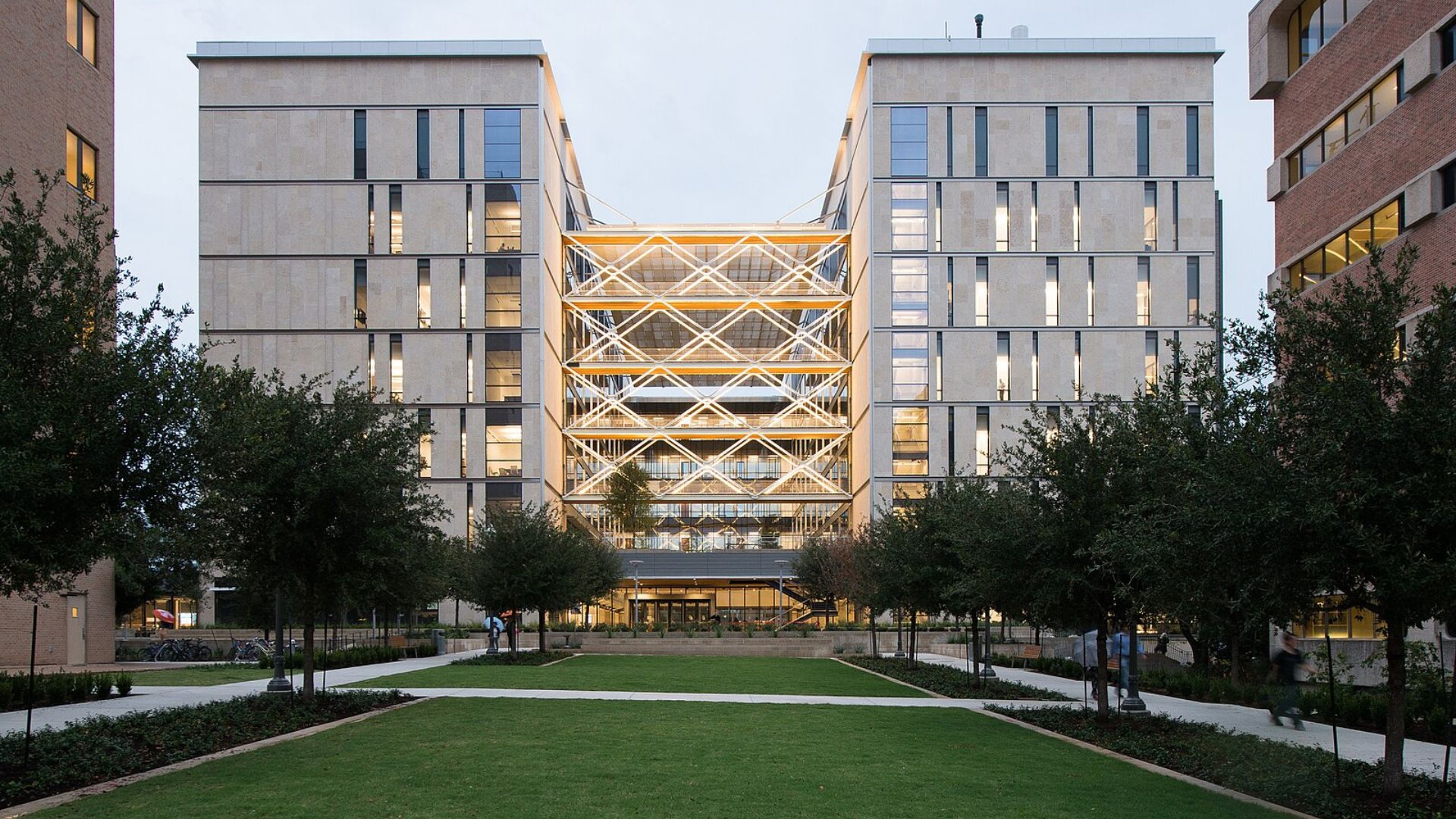
In an effort to comply with SB17, the University of Texas at Austin is undergoing a significant transformation.
This law puts a stop to public institutions operating dedicated DEI offices or mandating DEI training, pushing the university to shift DEI initiative funds toward teaching and research areas.
Division Closures and Layoff Notices
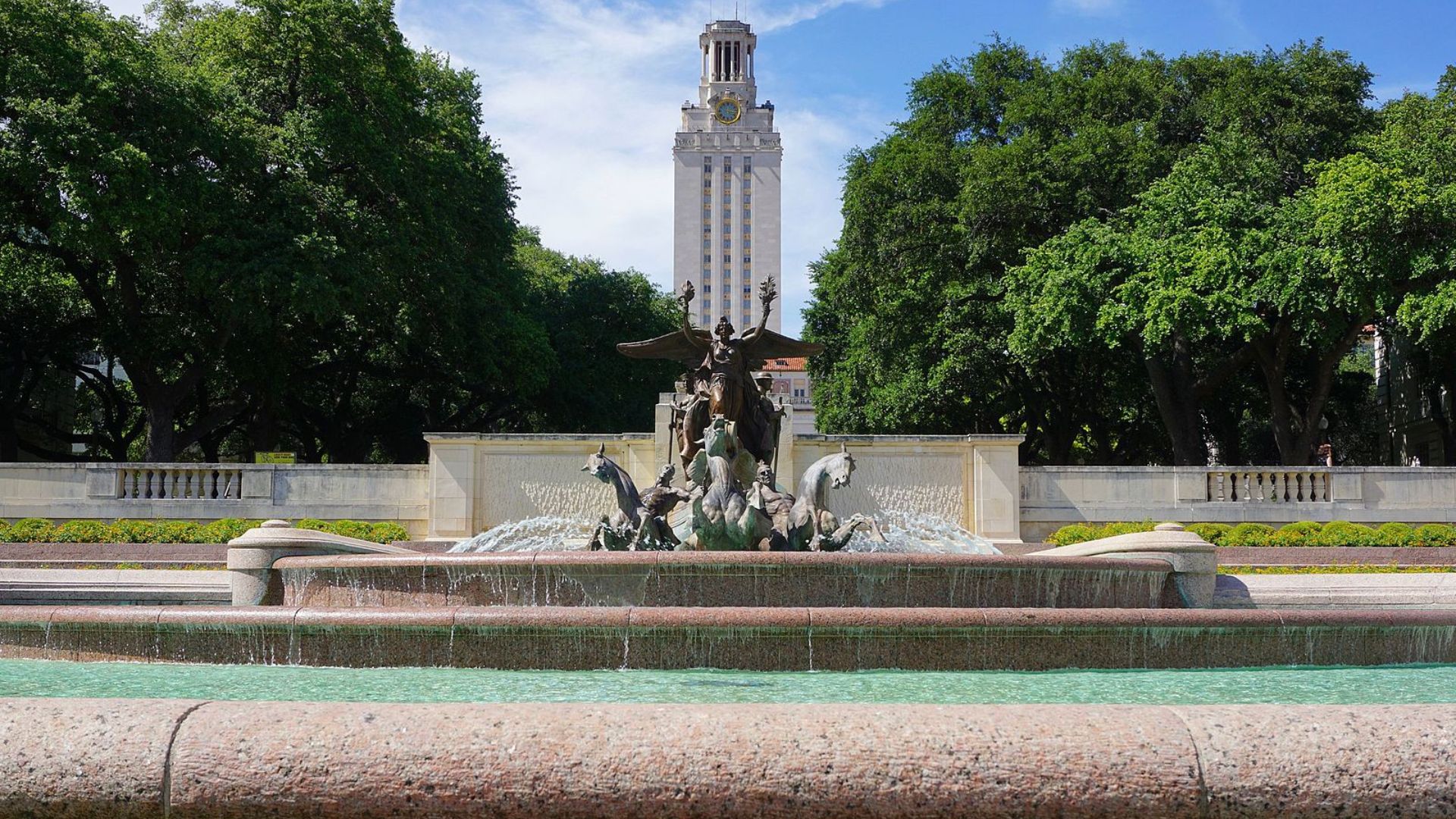
The Division of Campus and Community Engagement, formerly known for its commitment to diversity and community, is one of the divisions facing closure due to the new law.
40 staff members from this division were handed 90-day notices. SB17’s enactment has compelled the university to reevaluate its commitment to DEI, impacting both staff and the services they provide.
Responding to Layoff Concerns
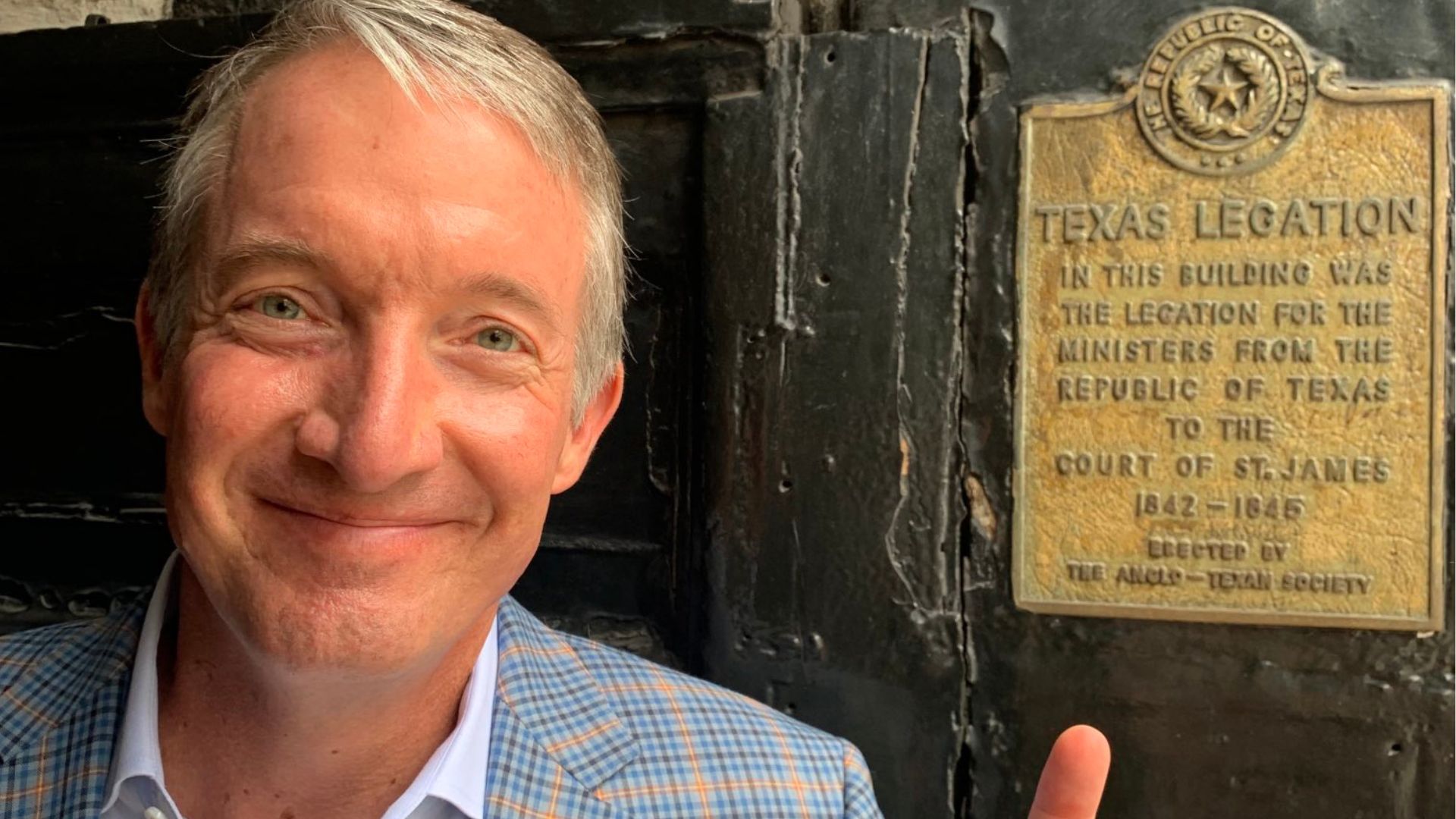
Following the announcement of layoffs, university spokesperson Brian Davis shared that the exact number of job cuts remains unconfirmed.
The university’s stance on this sensitive issue has been cautiously communicated through a letter from President Jay Hartzell, detailing the strategic redirection of DEI funds towards bolstering teaching and research efforts.
A Shift in Funding Priorities

In this letter to the university community, President Hartzell outlined the decision to reallocate funds from DEI programs to enhance the university’s teaching and research missions.
This decision will see DEI-focused staff, including associate and assistant deans, returning to full-time faculty roles.
Creating New Opportunities for Laid-off Staff
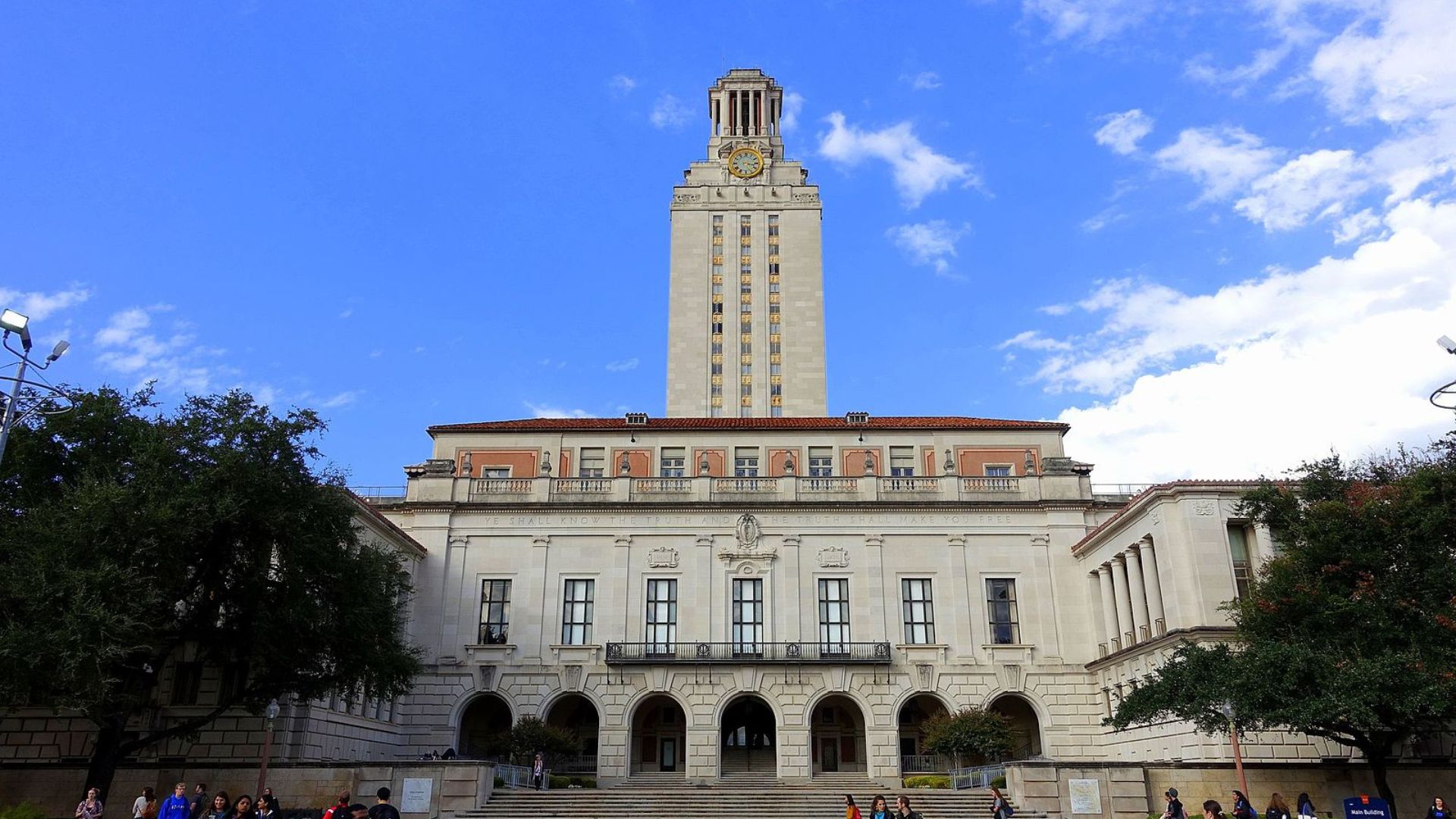
Despite the layoffs, the University of Texas at Austin is actively seeking ways to support the affected staff.
Opportunities are being created for these individuals to apply for other positions within the university, as part of an effort to ease the transition and maintain their connection to the university community.
Funding Dilemmas for Student Leaders
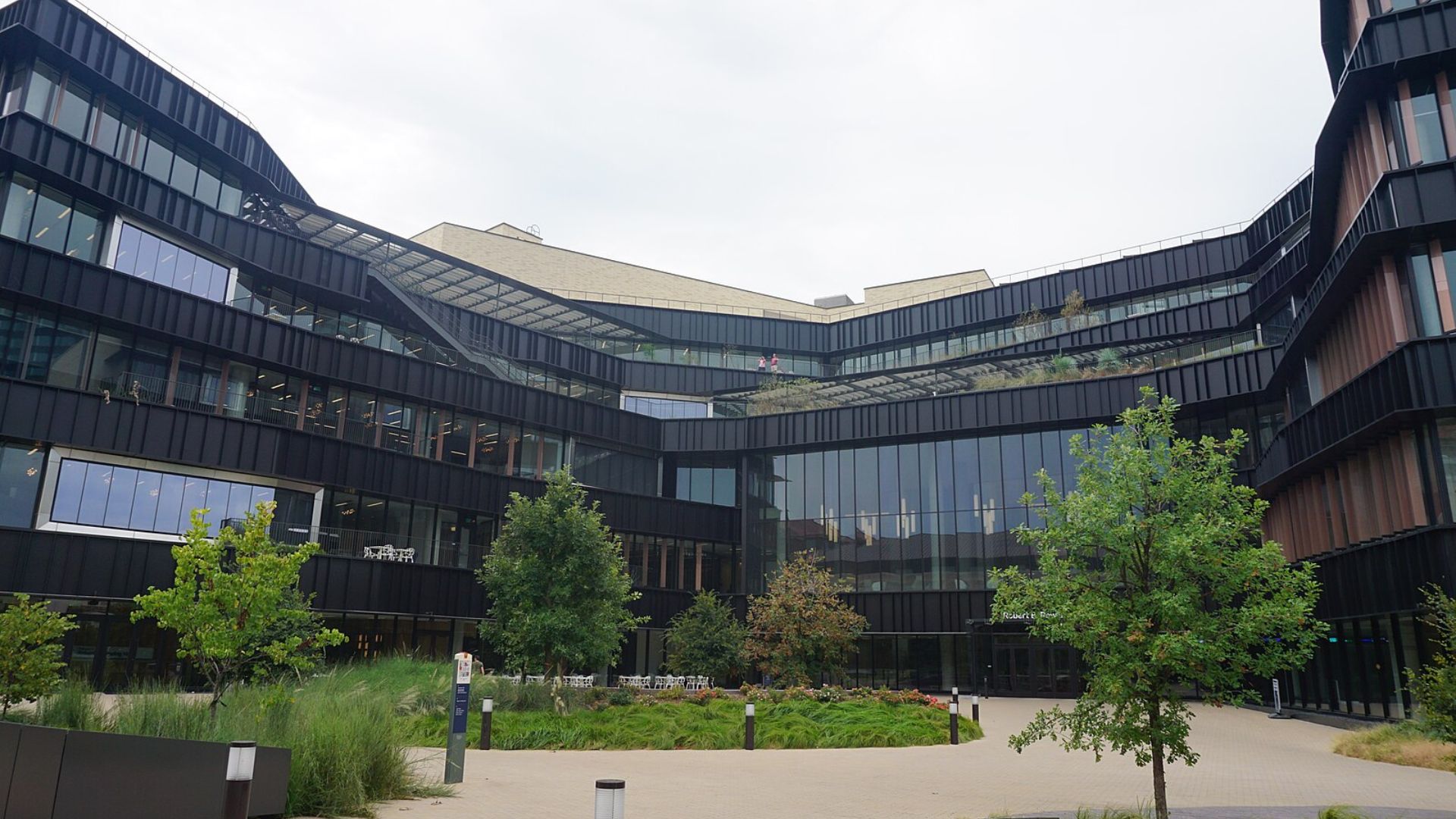
The withdrawal of DEI funding has led student leaders on a quest for alternative financial sources to sustain various cultural and identity-based programs.
This move has spotlighted the role these programs play in enriching campus life and the complexities involved in keeping them alive without the university’s financial backing.
The Emotional Fallout Among Students
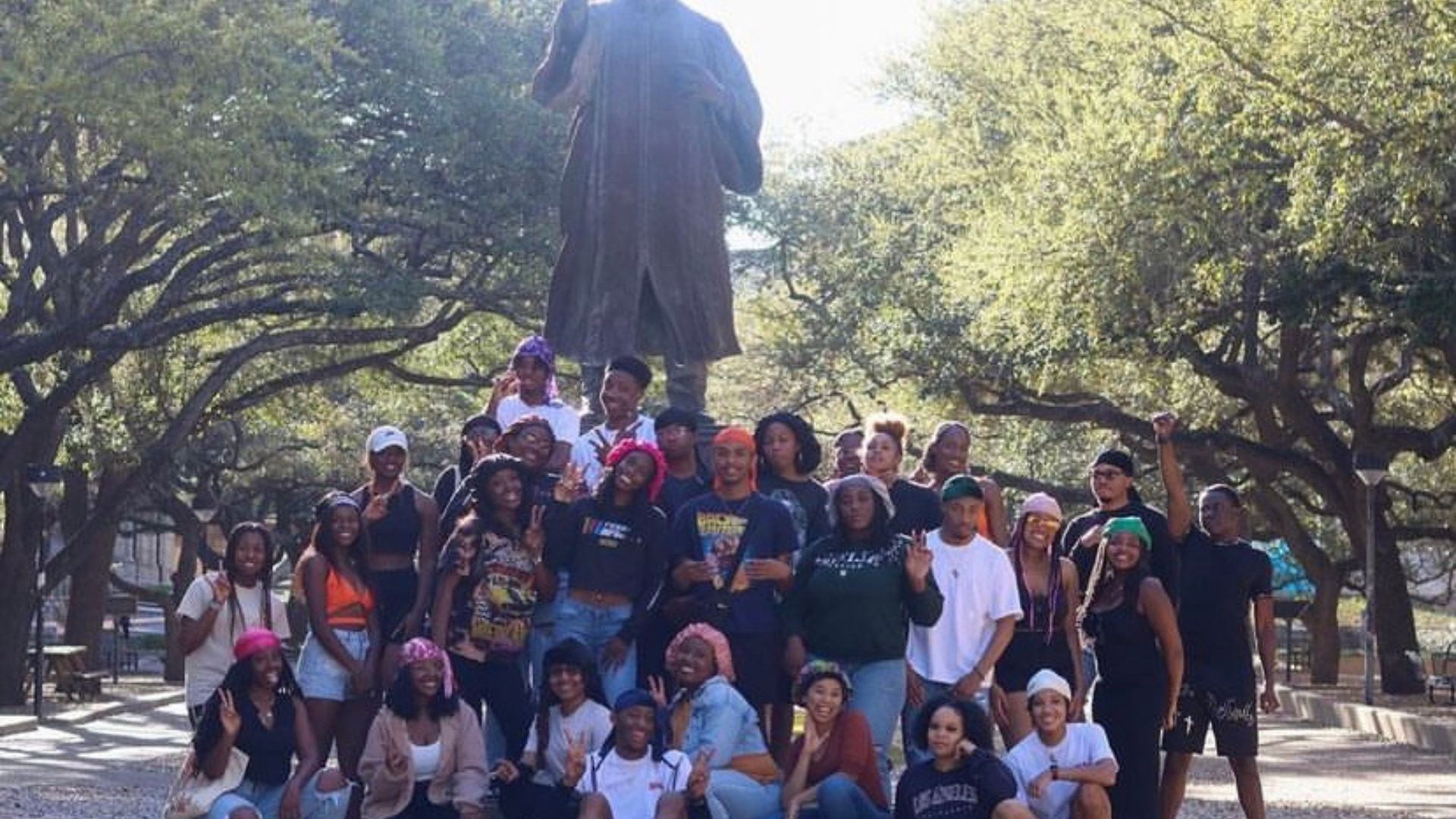
The decision to lay off DEI staff has deeply resonated with the student body, evoking a mixture of dismay and sadness.
Aaliyah Barlow, the president of the university’s Black Student Alliance, candidly shared her feelings, saying “The fact that I am going to come back here next year and all the staff members I know and all the programs I value are just going to be gone, it’s very disheartening. I feel like my college experience is ruined.”
The Broader Implications of Legislative Changes
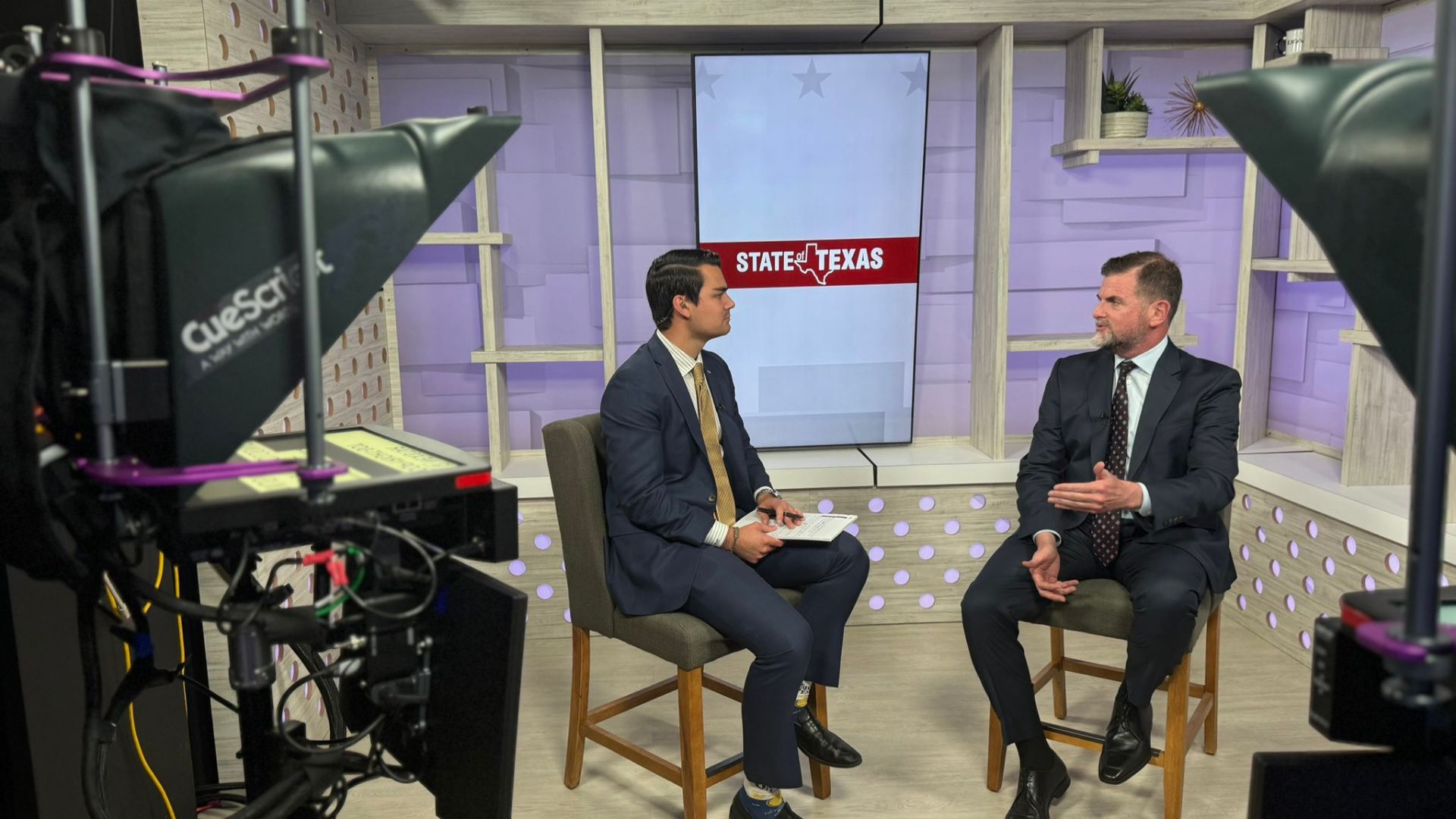
The passing of SB17 isn’t just about a single law; it’s part of a bigger debate shaking up Texas’ colleges and universities.
With State Sen. Brandon Creighton calling for tight adherence to this new rule, universities across Texas are feeling the heat. They’re being pushed to rethink how diversity, equity, and inclusion (DEI) fit into their campuses, igniting discussions about the future of these initiatives in the educational sphere.
Turning the Page on DEI Work
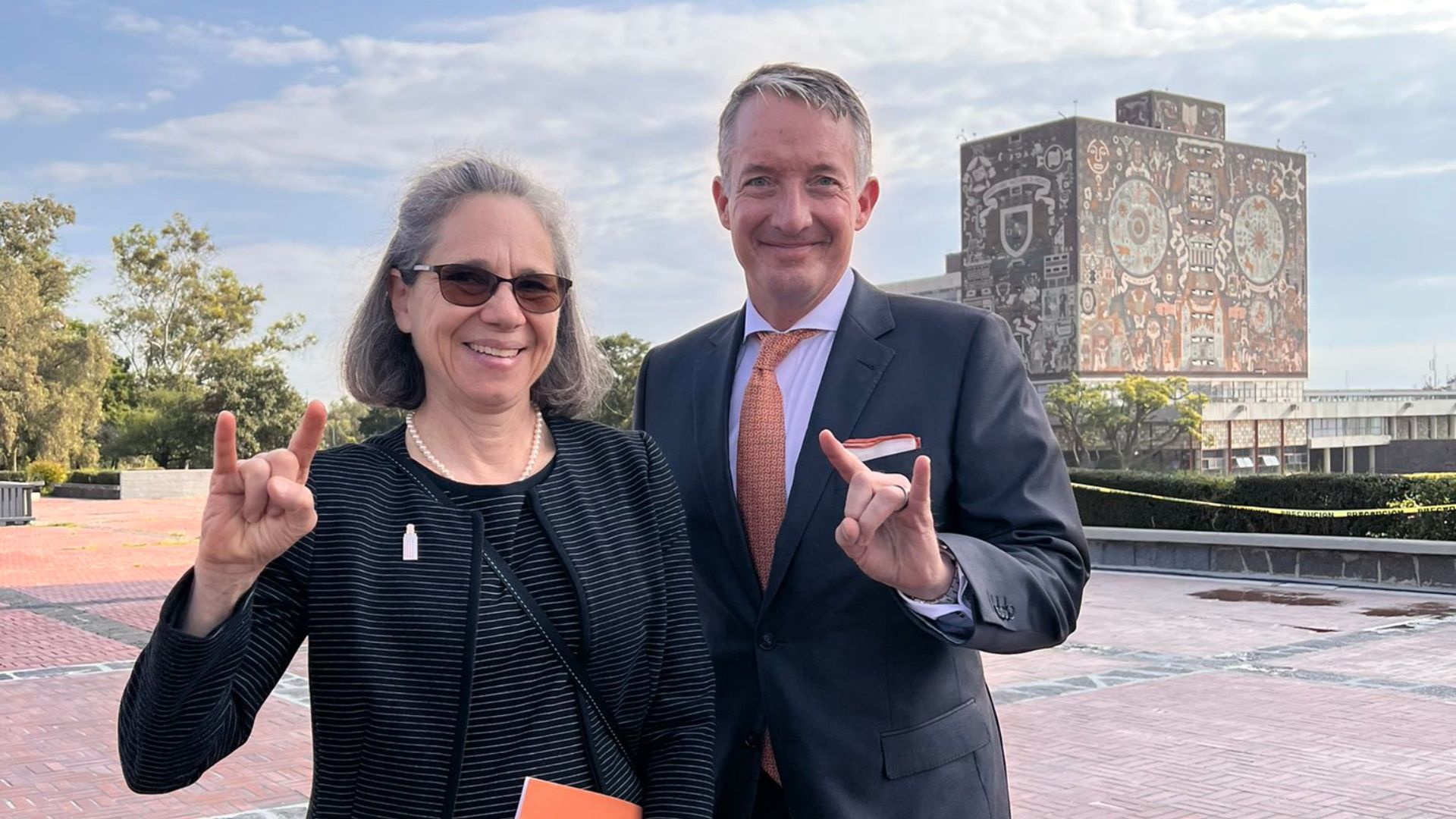
The shutting down of the Division of Campus and Community Engagement is a pivotal moment for the University of Texas at Austin.
President Hartzell has shared how he’s looking to weave diversity and inclusion more seamlessly into the university’s academic and research endeavors, signaling a new chapter for DEI efforts on campus.
A Community Comes Together in Disappointment
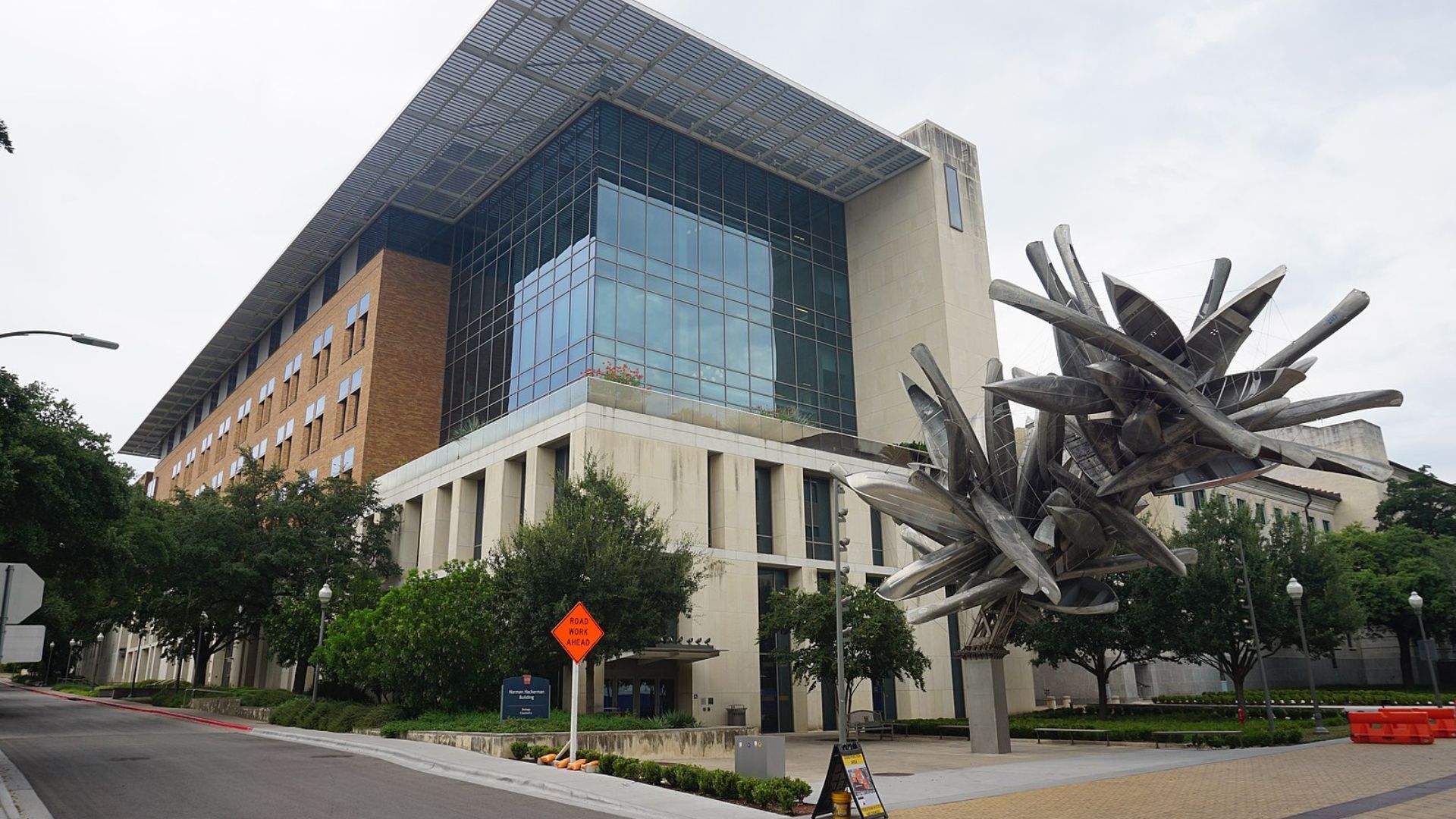
The wave of layoffs and the shrinking space for DEI initiatives have united the campus in a shared sentiment of disappointment and worry.
Senior Bibi Macias captured the mood, saying “Heartbreaking and devastating don’t begin to cover my feelings about it. Y’all are taking away lifesaving services.” She also highlighted the collective anxiety about losing key support that makes the campus a welcoming place for everyone.
DEI in Higher Education: A Crossroads
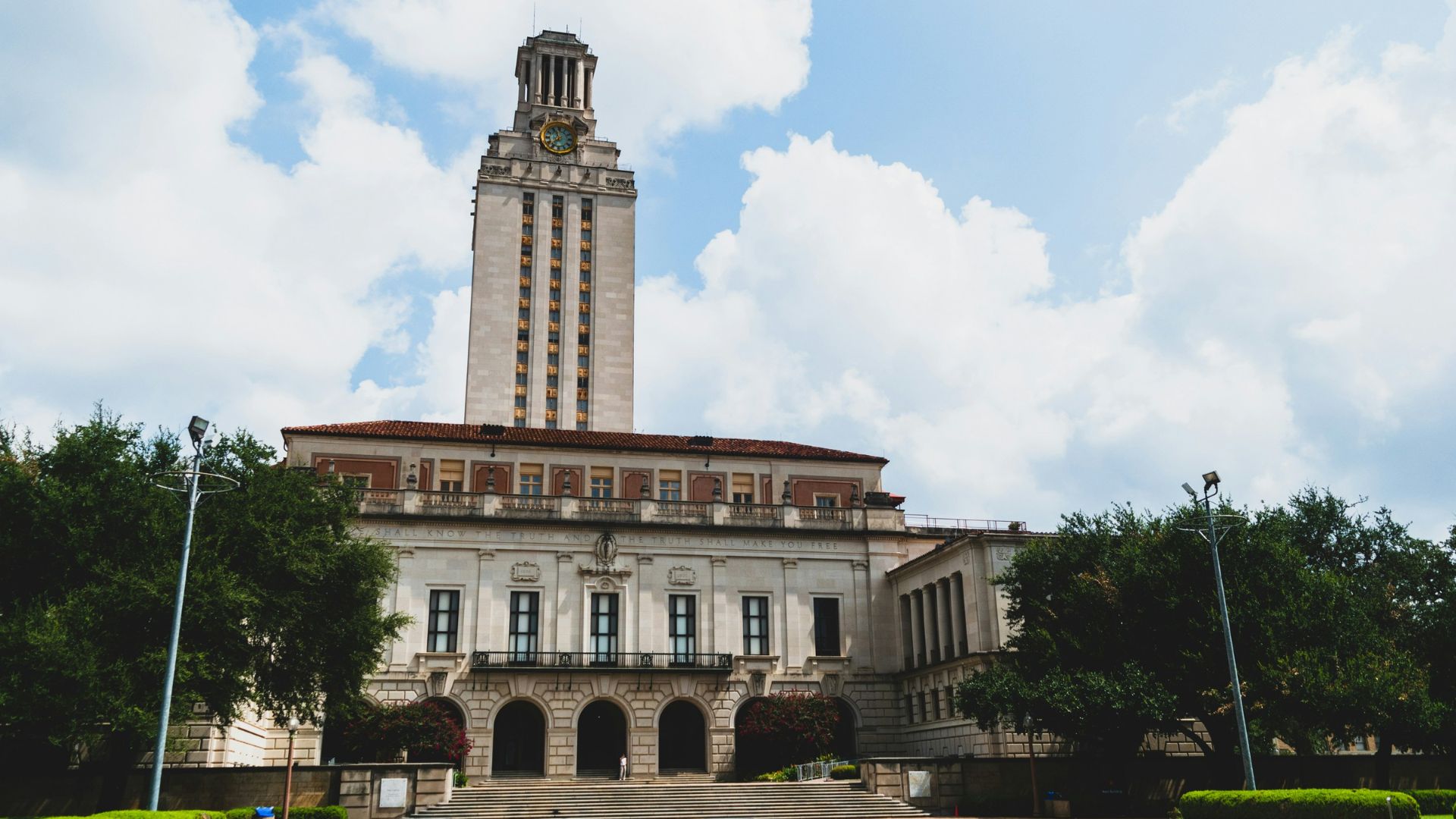
The University of Texas at Austin’s approach to adjusting DEI programming in response to SB17 has started an important conversation about the future role of DEI in academia.
As the university adapts to comply with the new state law, it prompts a broader reflection within the academic community about how inclusivity and diversity initiatives can be effectively integrated into the fabric of higher education institutions across the country.
